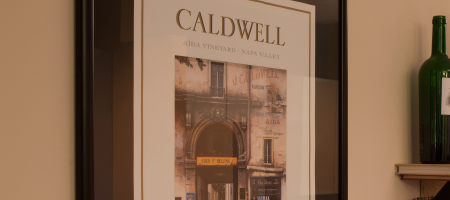
Publicity/Privacy
Publicity Rights: the rights to control use of a famous person’s name, voice, signature, photograph, or likeness for advertising or selling or soliciting purposes
Privacy Rights: the rights to prevent use of any person’s name, likeness, or other identifying information under certain circumstances.
Publicity and privacy rights are a matter of state law, which vary widely from state to state. Under California law, publicity and/or privacy rights are violated when a person’s name, voice, signature, photograph or likeness (for simplicity, collectively referred to as “likeness” below) is published or used in some way, the person is clearly recognizable, the person has not consented to the use, and the circumstances fit one of the following criteria:
Invasion of privacy by intrusion into private affairs
This right is violated when someone discloses private or sensitive matters about a private person. It covers matters that occur in private places, and also in semi-private settings where the individual had a reasonable expectation that she was seen only by a limited group of people. For example, this right is violated when a news reporter secretly videotapes a conversation with an employee at her place of work, even though her fellow employees witnessed the conversation.
Invasion of privacy by public disclosure of embarrassing private facts
This right is violated only when the disclosure is not of legitimate concern to the public. The courts are quite liberal in interpreting “legitimate concern to the public,” so it is difficult to prevail on a claim that this right has been violated. Artists might violate this right if they depict a person nude, or in the course of doing something offensive. However, if the nudity or offensive conduct occurred in public, that fact itself might be construed as matter of legitimate concern to the public.
Invasion of privacy by false light disclosure
This right is violated when a person’s likeness is used to suggest something false and derogatory or defamatory about the person. For example, suppose an individual’s photograph is used to illustrate an article about drug dealing. If that individual is not a drug dealer, the article has created a false insinuation about his character.
Invasion of privacy by commercial appropriation / violation of publicity rights
These rights are violated when a person’s likeness is used on or in connection with products or merchandise, or to sell or advertise goods or services.
Under California law, there is a broad exemption for news reporting and other public interest uses: “a use of a name, voice, signature, photograph, or likeness in connection with any news, public affairs, or sports broadcast or account, or any political campaign, shall not constitute a use for which consent is required. . .” Cal. Civ. Code § 3344(d).
With respect to artwork which depicts a real person, the courts have generally considered works of fine art to be expressions of the First Amendment rights of free speech, and thus immune from liability for violation of privacy or publicity rights. However, if the artist subsequently reproduces the painting on t-shirts, postcards, etc., in California those items would be considered “commercial” goods, and that would violate the subject’s rights of privacy and publicity under this standard. There is an exception for work that is “transformative,” which means it is perceived as “primarily the artist’s own expression rather than the subject’s likeness.” Generally this means the less realistic the portrait, the more likely it will be considered “transformative.”
Celebrities have rights of publicity in their likeness. Under California law, those rights are freely transferable and inheritable, and are posthumous for 50 years. Because of their status as public figures, there is a very broad exception for biographical works: “a play, book, magazine, newspaper, musical composition, audiovisual work, radio or television program, single and original work of art, work of political or newsworthy value, or an advertisement or commercial announcement for any of these works, shall not be considered a product, article of merchandise, good, or service if it is fictional or nonfictional entertainment, or a dramatic, literary, or musical work.” Cal. Civ. Code § 3344.1(a)(2).
However, celebrities enjoy little, if any, rights of privacy. Unauthorized images and stories about celebrities are common in the media. Such coverage is considered an exercise of free speech. They are not actionable, even if they would otherwise qualify as a violation of privacy, absent a showing of actual falsity and malice.